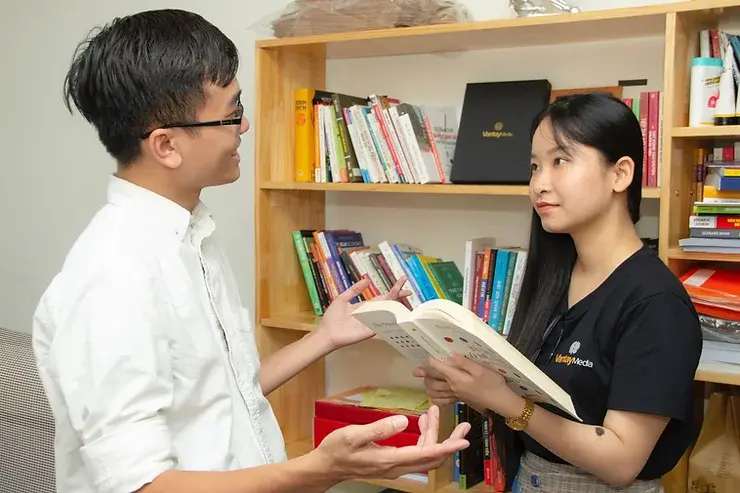Know Your Eligibility: International Students Can Now Work Unlimited Hours
- Admin
- Nov 17, 2022
- 3 min read

The 20-hour workweek restriction will no longer apply to international students studying in Canada as of November 15, 2022, until December 31, 2023, provided they have off-campus employment authorization on their study permit.
The temporary easing of the 20-hour per week cap on the number of hours that eligible post-secondary international students may work off campus while classes are in session was announced by Immigration Minister Sean Fraser on October 7, 2022.
The restrictions and guidelines you need to be aware of if you’re an overseas student hoping to take advantage of this new policy are listed below.
Regulations for foreign students who intend to work full-time
In accordance with IRCC, you may work off-campus more than 20 hours a week while classes are in session if you:
1. possess a study permit and are enrolled full-time (or part-time during your last academic session) at a DLI, OR
2. have received a research permit approval but have not yet arrived in Canada
You must also adhere to the following requirements:
1. Your application for this study permit (including any extensions) must reach IRCC by October 7, 2022, at the latest.
2. Your study permit must include permission to work off-campus.
3. Additionally, you need to get to Canada or be there before December 31, 2023.
How would temporarily raising the work-hour restriction help Canadian businesses and international students?
Because of the ongoing labor shortages and Canada’s ongoing pandemic recovery, firms are experiencing previously unheard-of difficulties in locating and maintaining the necessary staff, prompting this interim policy adjustment.
This program will give many overseas students greater chances to gain valuable work experience in Canada, which will boost the pool of workers available to support Canada’s post-pandemic growth.
This temporary adjustment recognizes the critical role that international students may play in reducing Canada’s labor shortage while pursuing their educational goals, especially given that over 500,000 of them are already enrolled in Canadian institutions and may be willing to work additional hours.
The majority of international post-secondary students have the right to work both on and off campus, and this right is expressly stated on their study permits. In the past, almost half of Canadian post-secondary international students reported working while attending classes.
You can read more about further adjustments IRCC made to assist foreign students and recent graduates in the section that follows.
Streamlining the procedure for extending a study permit
Additionally, a pilot project has been launched by Immigration, Refugees and Citizenship Canada (IRCC) to streamline the extension of study permits. As all candidates have already been granted permission to study in Canada, the types of applications covered by this trial generally have a high approval rate.
Over 119,000 applications for study permit extensions were authorized by IRCC in 2021, with a 97% approval rate. Additionally, with a 96% approval rate, more than 135,000 applications were submitted between January 1, 2022, and the end of August 2022.
The test program was used by a select few candidates who obtained their extended study permits notably more quickly in order to enhance customer service. If the trial program is successful, it will be implemented in further programs to speed up processing and free up officers to work on more complicated applications.
Applications for study permits totaling more than 452,000 have been handled between January 1 and August 31, 2022. Additionally, a record number of applications (367,000) were processed during the same time period in 2021, setting a new annual high. Additionally, it shows a 23% increase.
Applications must satisfy the requirements for study permit extensions in order to be examined as part of the automation pilot. Otherwise, applications that don’t fit the criteria are manually reviewed by officers.
Additionally, the automated method won’t suggest or reject applications. Any decision to reject an application can only be made by an officer.
These adjustments are a part of a set of actions that will aid Canada’s overall efforts to enhance customer service and application turnaround times while assisting international students and graduates.
Source: IRCC





Comments